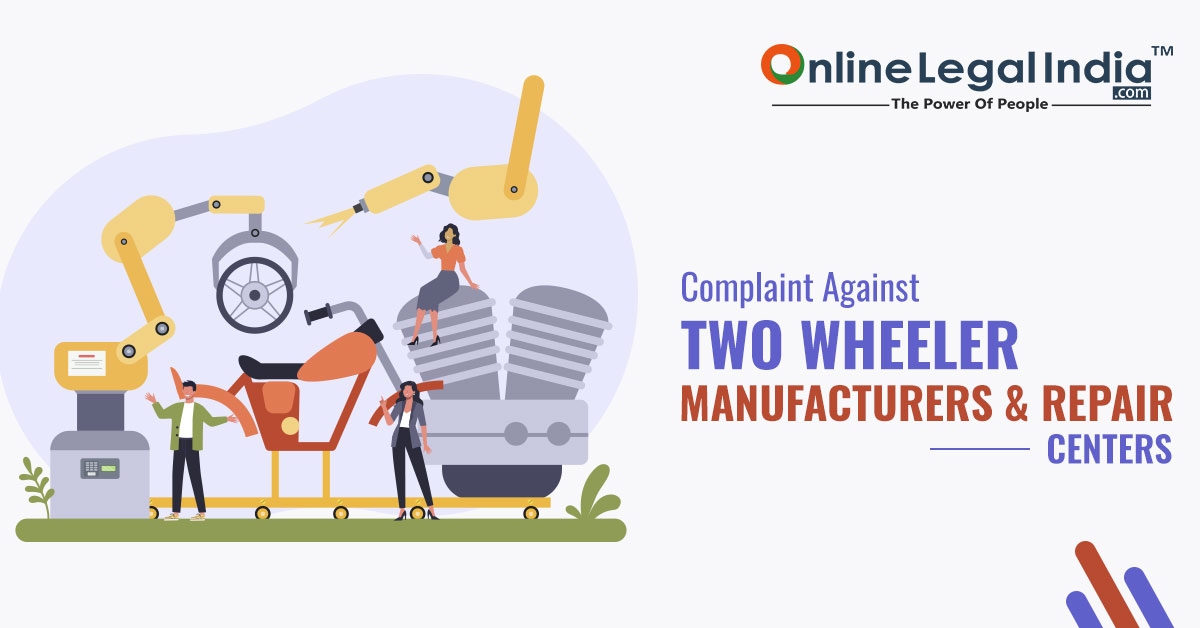My name is shivam sinha this is for the testing purpose
11 Feb, 2023

 By Ankar Kapuria
Published On 23 Oct 2021
Updated On 27 Oct 2021
Category One Person Company
By Ankar Kapuria
Published On 23 Oct 2021
Updated On 27 Oct 2021
Category One Person Company
OPC are companies that have one owner or shareholder. The 2021 budget has given a boost to these companies. The OPC Registration Process provides the startups with various freedom in terms of business. The budget primarily focuses on giving the NRI population the opportunity to operate OPC in India to boost the economy.
OPC stands for One Person Company where the ownership or the shareholder is a single individual. The Companies Act, 2013 introduced the one person company registration. OPCs are startups where the individual tries to establish their company in the market single-handedly. A single individual owns and manages the company unlike the multiple members in the private ltd and public sectors. Having an OPC has its own set of benefits which makes it an interesting prospect for economic growth of a nation.
Some of the prominent features that has prompt the government to provide an opportunity to the NRI for operating OPC are that:
They come under the description of private companies according to the Companies Act, 2013.
A single-member operates it unlike other kinds of private companies.
The number of directors has to be minimum unlike the previous requirement of two directors. The maximum it can reach is that of 15.
While registering an OPC the name of the nominee is mentioned, unlike other companies.
There being just one member in an OPC, the death will result in the nominee deciding to accept or reject being the sole member. It does not follow the rules of perpetual succession.
Being an OPC there is no prescribed amount as a paid-up capital.
It also enjoys many other special privileges falling under the Companies Act which is not available to the other companies.
OPC has various other advantages, some of the advantages are:
Legal status provides the member the protection from the liabilities of the company outside of the shares they hold. They are thus not liable to the losses incurred by the company. They do not have the liability of OPC.
It is easy to obtain funds through venture capital, fundraising, etc as an OPC. Financial institutions prefer them over proprietorship firms.
They have fewer compliance policies under the Companies Act, 2013, and are therefore easy to run.
Easy incorporation is one of the driving factors as it requires fewer members, capital and is easy to set up, unlike other companies.
The running of the business is easy and time consuming as the sole member takes all the decisions. There is no conflict in the decision and management of the company.
Even though there are various advantages there are always some other ways in which a problem can arise. It thus becomes important to understand the disadvantages before starting an OPS. The few prominent disadvantages are:
OPC being a single-owned company can no longer have more than one member. They cannot sell shares to raise funds. They can not add new members when expanding.
Though there is freedom for OPC’s there are also certain restrictions that are in place for them. They can not carry out investment and can not be converted to a company with charitable objects under section 8 of the companies Act, 2013.
There being just single ownership and management there is a huge probability of unethical practices to happen in the functioning of the company. It becomes to keep these prejudices away from the management as the decision making is on one individual rather than a group.
According to the Budget 2021, an NRI can open an OPC from April onwards. There has been a clause that earlier said that to conduct an OPC an NRI had to stay for 182 days in India. This had also been duck to 120 days to promote easier accessibility and faster growth. There is a rule that states that a company had to be privatised if its turnover reached more than 2 crores. There has been a modification in this clause too as now one no longer has to worry about the limitation. One can be an OPC no matter the growth and turnover. This will encourage more investment and will result in the growth of the Startup. This growth will ultimately help the economy grow. With this growth there will be a huge number of registrations in applying for a trademark. And having trademarked companies helps in the data of company growth and employment possibilities.
With the inclusion of the NRI investing in OPC there is bound to be a jump in the economy of the nation. NRI’s will invest heavily as there is leser risk and compliance policy. It will not only help them with setting up easily as it doesn't require much time. It is also a very straightforward process. Thus ultimately it will be the benefit of the nation as it will enable growth of newer startups and also the increase in the revenue for the GDP.

My name is shivam sinha this is for the testing purpose
11 Feb, 2023

How to Check the Trademark Application Status in India?
23 Jun, 2022

Trademark Class 35: What Does It Include?
17 Jun, 2022

How Do I Make a Consumer Complaint Against Amazon?
17 Jun, 2022

Trademark Registered in India - If Applicable All Over the World?
17 Jun, 2022

Consumer Complaint against Tamil Nadu Electricity Board TNEB
30 Nov, 2020

How to Take Legal Action against Mental Harassment in India?
07 Nov, 2020

UPPCL Uttar Pradesh Power Corporation Ltd. Complaint Filing
19 Nov, 2020

How to File a Complaint Online at Consumer Court?
27 Nov, 2020

Online Complaint Filing against Hero Motocorp
04 Dec, 2020